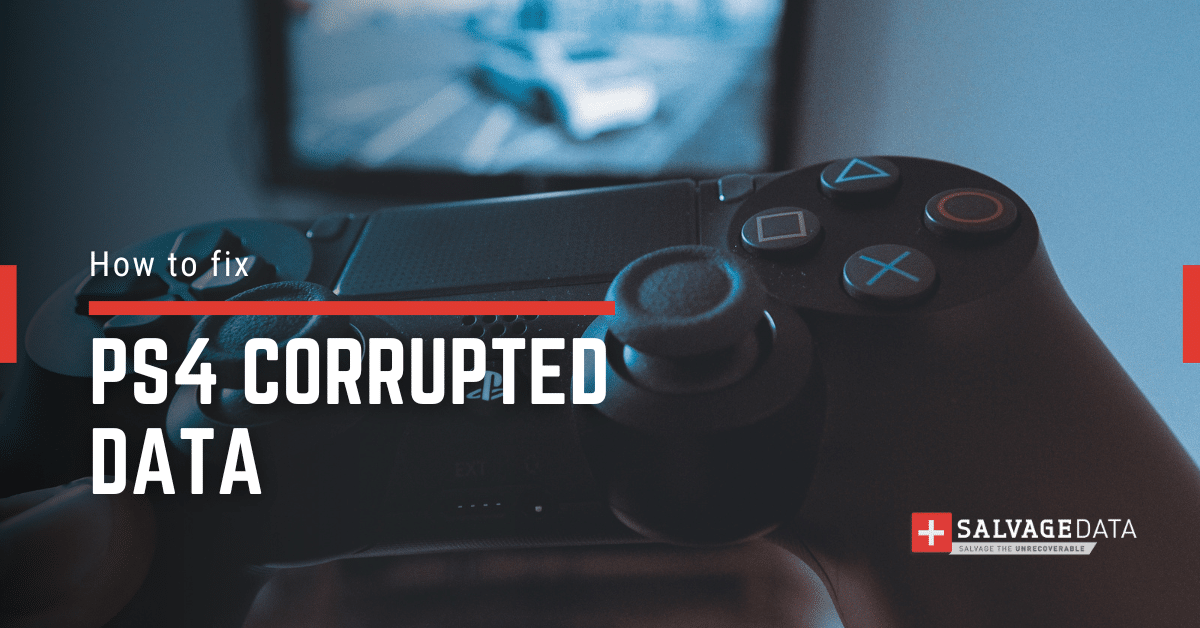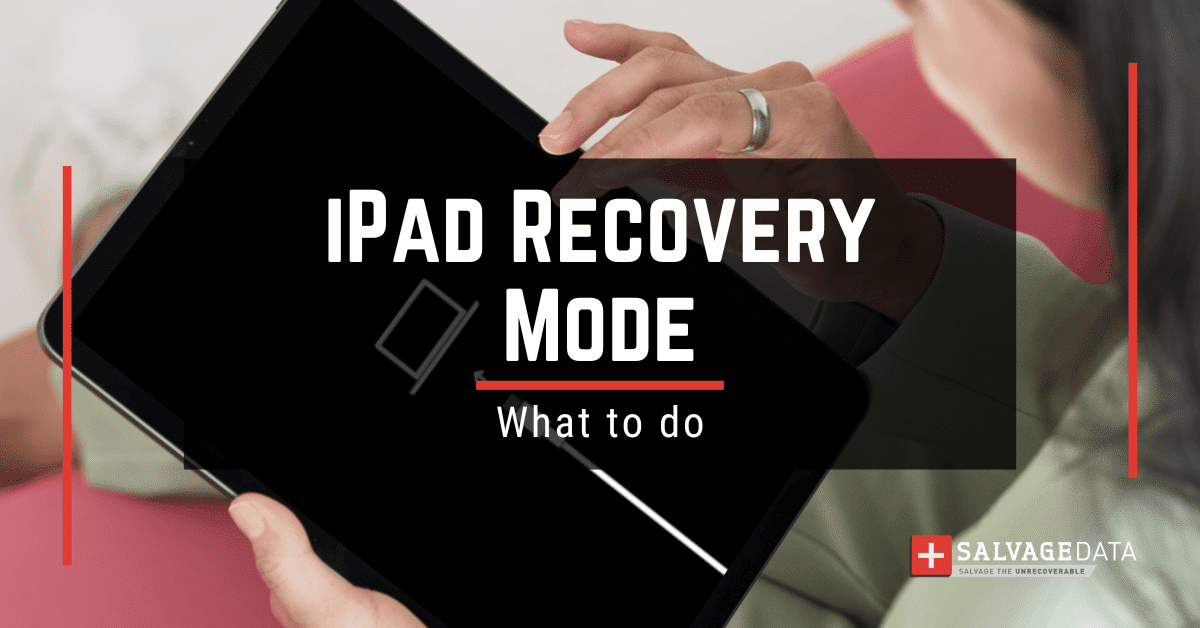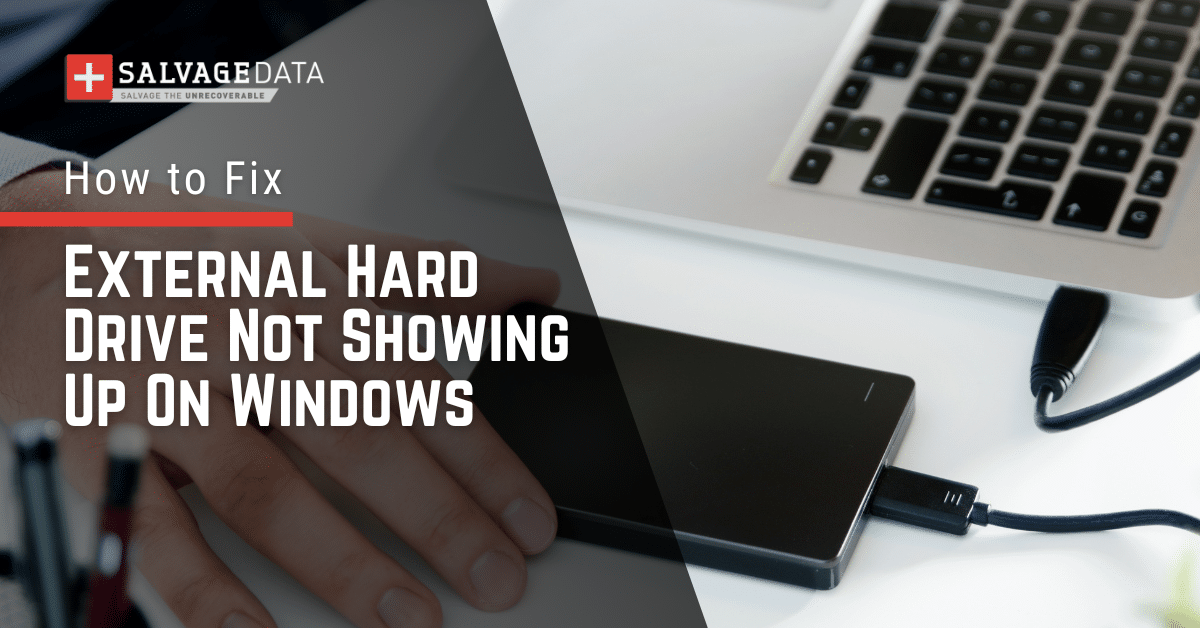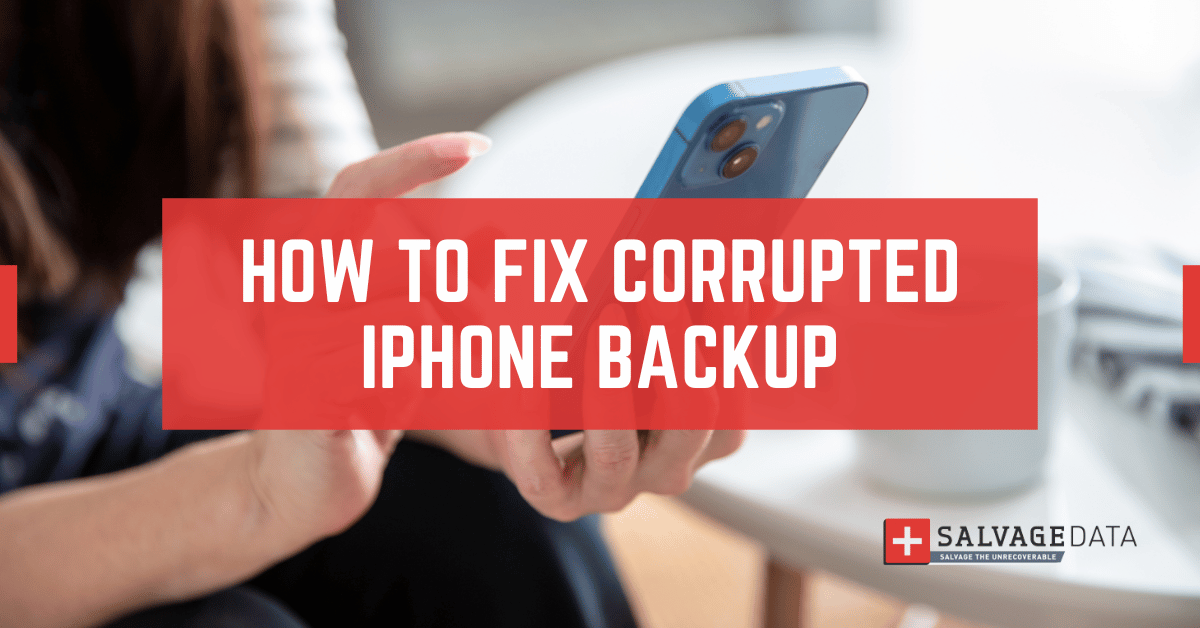Recent Articles
Quickest Mobile Data Recovery Case: 100% of Data Recovered in One Hour
How to fix a corrupted database on PS4
How to Troubleshoot Black or Blank Screens in Windows
LockBit Ransomware: A Comprehensive Guide to the Most Prolific Cyber Threat
How To Use iPad Recovery Mode
How to Prevent Overwriting Files: Best Practices
External Hard Drive Not Showing Up On Windows – Solved
How to Fix a Corrupted iPhone Backup
Backup and Remote Wiping Procedures
Common VMware Issues and Troubleshooting Solutions

I think there's an issue with my storage device, but I'm not sure Start a free evaluation →
I need help getting my data back right now Call now (800) 972-3282
BadEncript Ransomware is a type of malware that encrypts files on your computer, making them impossible to open unless you have the decryption key. The person who created the ransomware only knows this key, meaning that unless you pay the ransom, you may never be able to access your files again. BadEncript is particularly dangerous because it targets both personal and business users.
History
BadEncript Ransomware was first discovered in June 2016 by security researcher Michael Gillespie. At the time, BadEncript was being spread through email attachments that claimed to be invoices, receipts, or other types of financial documents. When opened, these attachments would download and install BadEncript on the victim’s computer.
Once installed, BadEncript would scan the computer for certain file types, including Microsoft Office documents, PDFs, images, and more. Once BadEncript had found these files, it would encrypt them using a strong encryption algorithm, making them impossible to open without the decryption key.
BadEncript Ransomware would then display a ransom note that instructed the victim on how to pay the ransom and decrypt their files. The ransom note would also warn the victim that if they did not pay the ransom within a certain amount of time, the price would double.
The biggest BadEncript Ransomware attack occurred in July 2016 when BadEncript was used to attack the San Francisco Municipal Transportation Agency (SFMTA). In this attack, BadEncript encrypted over 2,000 computers, causing major disruptions to the SFMTA’s operations. TheSFMTA eventually paid the ransom and regained access to their files.
What algorithm is BadEncript using to encrypt files?
BadEncript Ransomware uses a strong encryption algorithm called RSA-2048 to encrypt files.
How to protect yourself from BadEncript?
It’s important to be cautious when opening email attachments, even if they appear from a trusted sender. If you do get infected with BadEncript, there is no guarantee that you will be able to decrypt your files, even if you pay the ransom. The best way to protect yourself from BadEncript and other types of ransomware are to have a reliable backup system in place. This way, even if your files do get encrypted, you can just restore them from your backup and won’t have to worry about paying the ransom.
If you think it has infected you with BadEncript, you should:
– Immediately disconnect your computer from the internet
This will prevent BadEncript from encrypting any more files and prevent it from spreading to other computers on your network.
– Do not pay the ransom
There is no guarantee that you will get the decryption key even if you do pay, and paying the ransom just encourages the attackers to continue their campaign.
– Scan your computer with a reputable antivirus program
This will remove BadEncript from your computer and decrypt any files that have already been encrypted.
– Restore your files from a backup, if you have one
This is the best way to get your files back if they have been encrypted by BadEncript.
If you don’t have a backup, you may be able to use data recovery software to recover some of your files.
Is there a public decryption tool for BadEncript?
At the moment, there is no public decryption tool for BadEncript. However, security researchers are constantly working on developing new decryption tools, so they may release a tool in the future.
Contact data recovery experts
Data recovery experts have experience dealing with BadEncript and other types of ransomware, and they may be able to help you recover your files, even if there is no decryption tool available.
Salvaging your data doesn’t have to be a stressful experience. Allow the experts at SALVAGEDATA to help you with your case. Click here to learn more and get help. Call 24/7: +1 (800) 972-3282.













